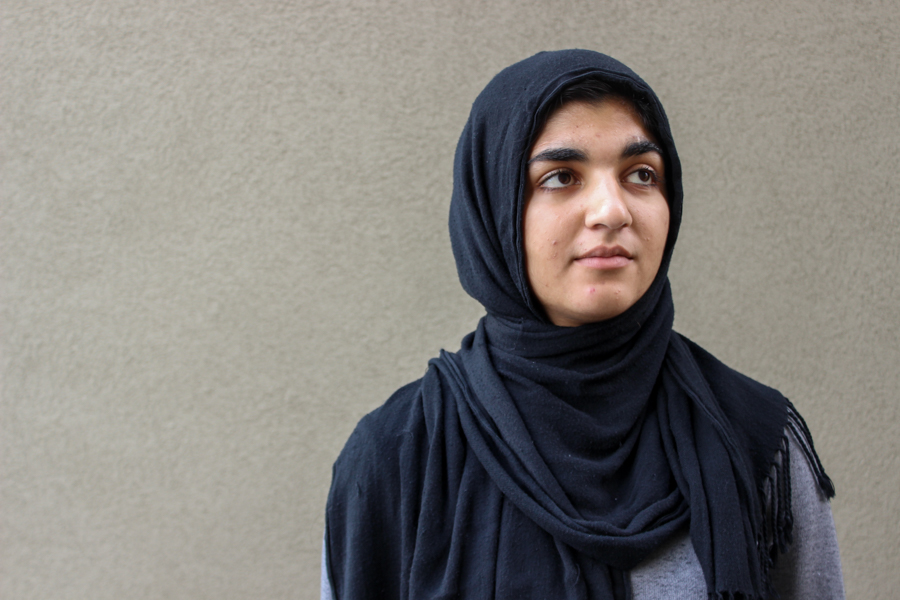
Prejudice exists in America against every demographic, largely excepting the white, Christian male that has seemingly enjoyed the pleasure of becoming our nation’s neutral. If you don’t identify with that category, you are systematically treated as “the other.” While each group faces differing levels of discrimination, among the most grotesquely violated people are Muslims.
The term “Islamophobia” was coined to express the unfounded hatred of Islam and prejudice against its followers. Contrary to popular thought, this is not a new issue. Perhaps the prominence of contemporary American nativism arose post 9/11, but the history of using Islam in fearmongering actually extends back to the 16th century.
In the early 1500s, European powers ravaged and annexed a wide array of countries. This European imperialism also signified the start of the slave trade. It was African American Muslims who led the most powerful slave revolts in the New World colonies. White slave owners saw them as a challenge to their authority. The justification for colonizing African lands was the moral betterment of the native population. To the dismay of the colonizers, this group of people, possessing their own religion and culture, did not need civilizing. To legitimize their subjugation of this group, white people painted a barbarous picture of black Muslim culture.
The vilification of Muslims and fear of their political power in America came to fruition as a backlash against Malcom X. Shortly after his ascent, The Hate That Hate Produced aired on television. It portrayed Malcolm and his followers as the radical side of the Civil Rights Movement. The movie did little to distinguish the majority of Muslims from Malcolm X’s purported extremists. It described adherents to the Muslim faith as a reclusive and alien population. With this one film’s popularization within mainstream culture, Muslims were successfully branded as “the other.”
There are roughly seven million Muslims living in America, suffocating under the ostracism that is “the other.” Terror attacks only perpetuate misconceptions and further the divide. Terrorists do not serve as the mouthpiece for Islam. The religion in itself is one of peace and plurality, accommodating many interpretations of its holy book, the Qur’an. Because of this, the religion is broken up into sects. No one particular faction can represent the whole. In fact, terrorist groups like ISIS make up only 0.000625% of the 1.6 billion Muslims worldwide.
The media has done a spectacular job of exploiting fears and fostering an unscrupulous bias against Muslims. Presidential candidates have further fanned the flames of egregious generalizations, perpetuating the Muslim terrorist narrative. Using terrorism to justify a quiet xenophobia has spilled into horrific violence against an overwhelmingly peaceful group. People are holding armed protests, women are being attacked, children bullied, mosques burned, Qur’ans vandalized and hate speech plastered on social media and sent in letters. The animosity Muslims receive is effectively terrorism. Yet the media has successfully limited the narrative. Apparently, Muslims aren’t worth reporting on unless they’re behind the gun.
ISIS has killed far more Muslims than Westerners, but the media has a tendency to devalue brown and black lives. They don’t report the frightful slaughter endured by our brothers and sisters overseas every day. Hiding the full story and struggle of the Muslim population has essentially dehumanized them, making for easier subjugation and discrimination. The less empathetic we become, the more we play into the terror plot.
This is just what ISIS and other terrorist organizations want. They want fear. They want us to turn a blind eye to their genocide. They want us to kill for them. The way to combat terrorism is to not be unnecessarily fearful, to engage in interfaith understanding and to welcome our Muslim neighbors.
You can reach KATELYN COSTA at kcosta@ucdavis.edu.



